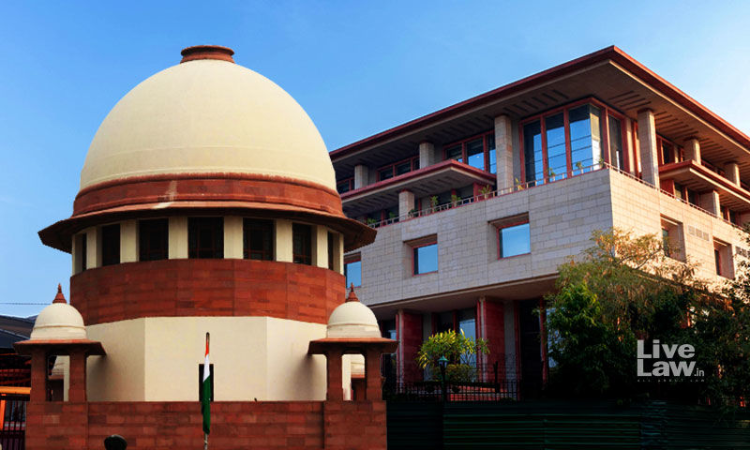Breaking: Delhi High Court Dismisses Appeal Seeking Details Of SC Collegium's December 2018 Meeting
Nupur Thapliyal
27 July 2022 10:42 AM IST

Next Story
27 July 2022 10:42 AM IST
The Delhi High Court on Wednesday dismissed an appeal against the order passed by a Single Judge which had declined a plea seeking information regarding decisions taken by the Supreme Court Collegium in a meeting held on December 12, 2018.A bench comprising of Chief Justice Satish Chandra Sharma and Justice Subramonium Prasad was of the view that the observations of the single judge did...
